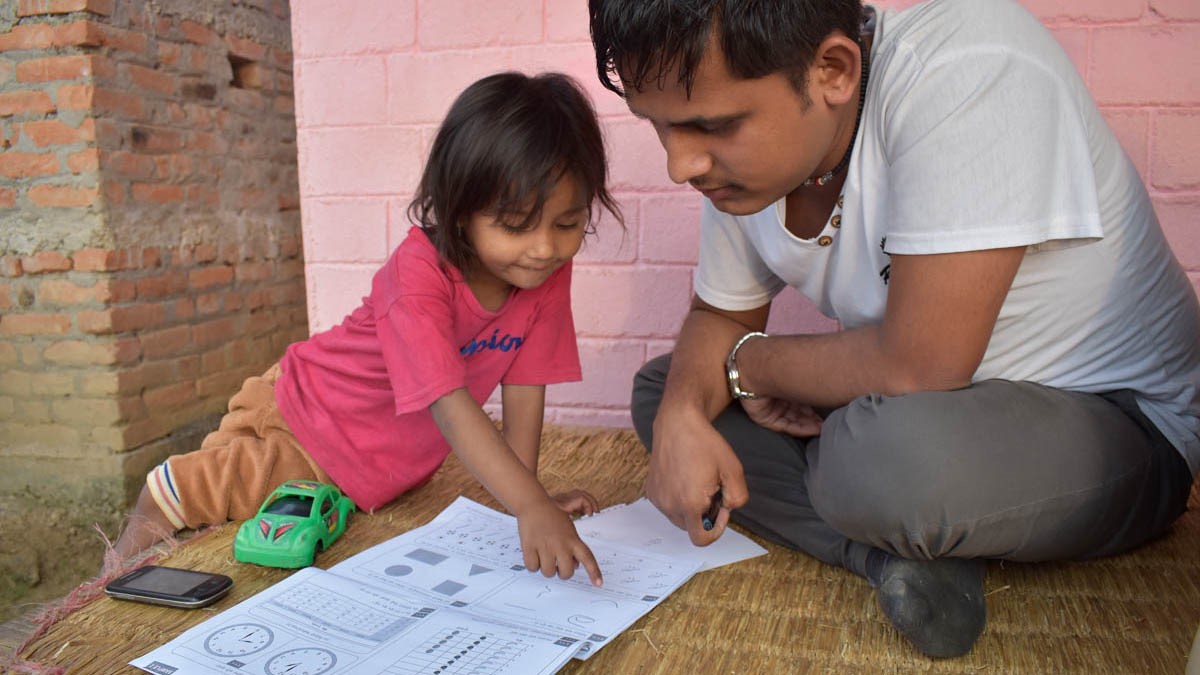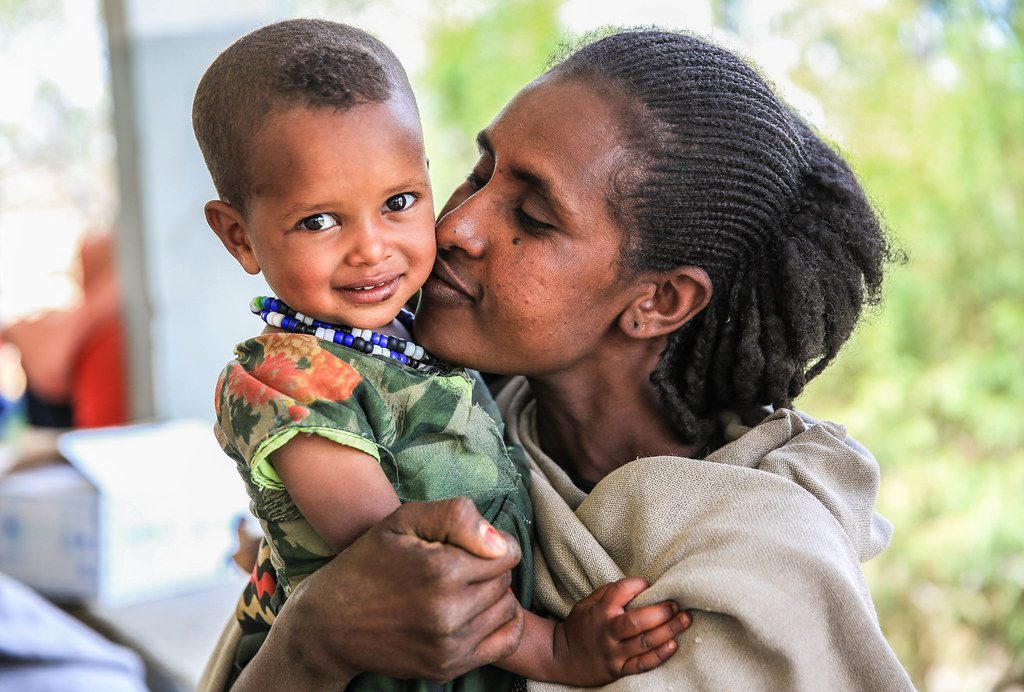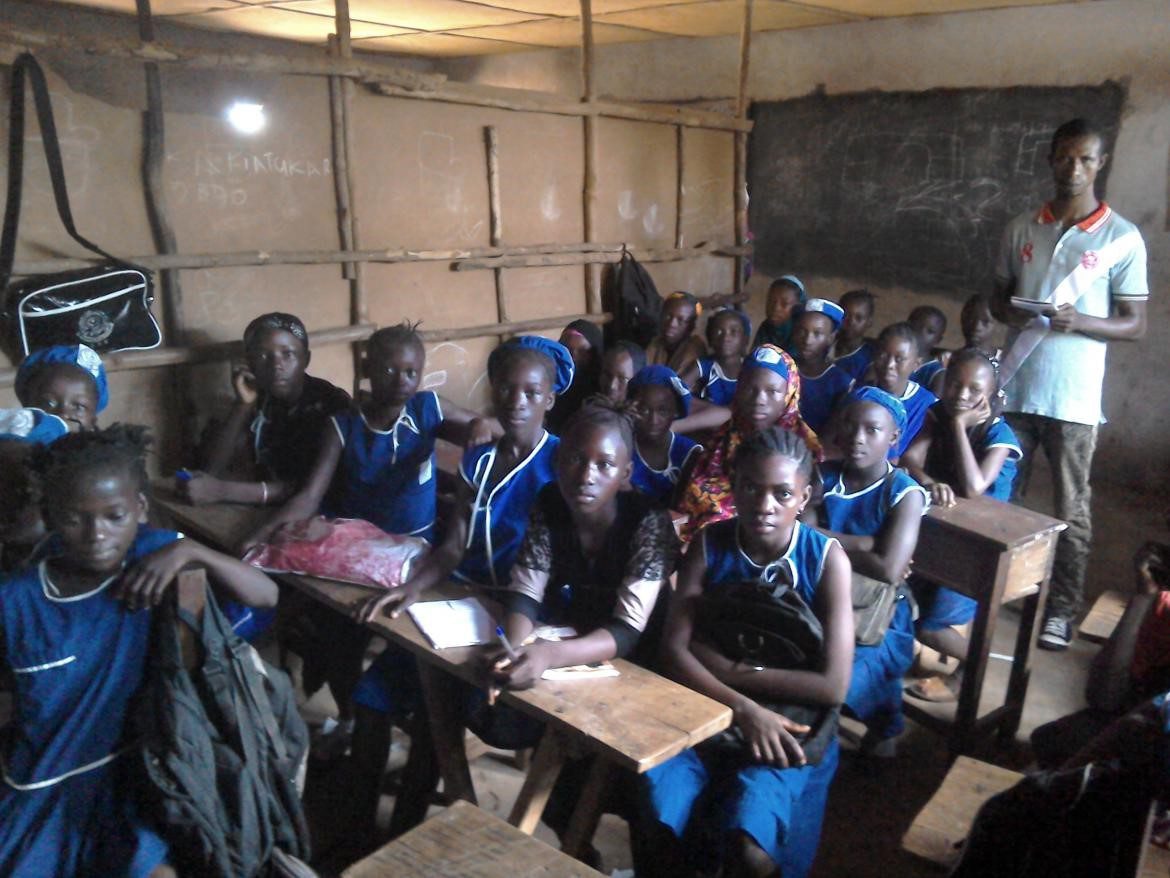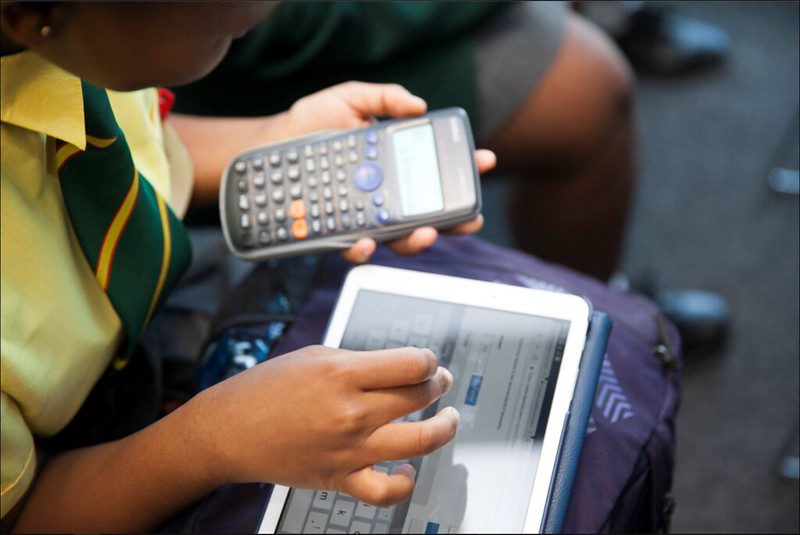This article was written by Dr Rajarshi Singh, Director of Programs with the PAL Network. It was originally published on the Education Commission website on 5 August 2020, and then on the PAL Network website on 14 August 2020.
ICAN stands for the ‘International Common Assessment for Numeracy’ and is a large-scale multi-country citizen-led assessment. Put in simple terms, it also stands for the resilience – for the promise, that one could proudly say: “I Can.” ICAN was conducted in 13 countries, reached over 20,000 children from 15,000 households belonging to 779 villages spread throughout 13 rural districts across Africa, the Americas, and Asia. ICAN is perhaps the best proof of concept for internationally comparable citizen-led assessments.
 ICAN was developed for the global South context by those with deep global South experiences to assess children’s basic math competencies. The research and development of the tool used a participatory approach that leveraged the expertise of 13-member countries[i] of the PAL Network. Supported by technical partner organizations such as ACER, Pratham, and UIS, PAL Network’s ICAN leverages democratic processes to create a practical assessment tool with a high degree of buy-in from citizens across all network countries. This co-creation of the tool has given it a different flavor from other large-scale assessments.
ICAN was developed for the global South context by those with deep global South experiences to assess children’s basic math competencies. The research and development of the tool used a participatory approach that leveraged the expertise of 13-member countries[i] of the PAL Network. Supported by technical partner organizations such as ACER, Pratham, and UIS, PAL Network’s ICAN leverages democratic processes to create a practical assessment tool with a high degree of buy-in from citizens across all network countries. This co-creation of the tool has given it a different flavor from other large-scale assessments.
It is a known fact that despite the increased number of years of schooling, the proportion of children with minimum proficiency standards in foundational reading and math has not improved – before the COVID-19 pandemic, UNESCO reported that some 670 million children and youth had not acquired minimum proficiency levels. Policy focus on increased school enrollment has not benefited education quality, resulting in low learning outcome gains.
ICAN – mapped to SDG 4.1.1(a) – has evolved from the ASER/Uwezo tools that were typically mapped to grade 2/3 curriculum. It was born out of many years of deliberations on improving children’s foundational learning and cross-country knowledge sharing. Collaborations between members and partners have enabled the network to develop a tool that is simple to use, reliable, and provides valid cross-country comparisons of children’s performance on foundational reading and math. Imbibing the recommendation of the World Development Report (2018) about using “learning” as a metric to impact education, ICAN, and other CLAs have demonstrated that it is possible to move people and engage communities to implement reliable and valid large-scale assessments of children’s foundational learning. Since ICAN was co-created by network members, it considers the differences and similarities across the diverse global South country curricula. PAL Network’s Data Quality Standards Framework (DQSF) was used to develop this comparable tool and streamlined processes, including standard procedures for sampling, training, selection, and testing.
This harmonization of procedures across countries has helped in the development of comparable results. This innovation comes at an opportune time, when the COVID-19 pandemic has resulted in school closures across 195 countries and territories, affecting nearly 90% of the world’s student population[ii]. The Network-members have witnessed the emergence of learning loss due to the ongoing break in children’s academic calendars. A section of the student populace across the global South that is well behind minimum competency standards will slip further behind and may even leave formal education systems in their respective countries. The existing educational setup lacks the know-how of assessing, measuring, and quantifying this gap in learning and is therefore ill-equipped to help children get back on track.
The citizen-led approach, pioneered by Pratham, has been used by many across the globe to diagnose the problem of insufficient foundational learning in and out of schools. As a natural evolution of CLAs, ICAN is a practical tool for multiple situations (households and schools), to test foundational skills of children returning to school (or engage in alternate forms of teaching-learning) in an effective manner. The cross-national comparability of the tool provides the added advantage of helping one understand the impact of COVID-19 on children’s education by measuring the learning loss of foundational learning outcomes at multiple levels; at the level of individual children, communities, clusters, sub-national, national, and regional levels across the global South. Available in 11 languages, ICAN is a public good that can be used by education systems to gauge the learning loss from school closures through quick and rigorous training of teachers, testers, and administrators.
Assessing, monitoring, and accelerated re-integration of children into education processes is our mantra for an evidence-based response to the global learning crisis. Detachment from formal schools has probably deepened the learning crisis more. The school closures across 190+ countries due to the COVID-19 pandemic has affected 1.2+ billion learners. Here, public-private-community partnerships can be used to scale up the common assessments and use their evidence to help children pick up foundational competencies. ICAN is not as resource intensive as many other large-scale international assessments; It has lower participation barriers in terms of financial costs, staff capacity, training, and survey protocols, and practical yet simple reporting suited to the realities of low- and middle-income countries. The simple-to-use ICAN tool makes it ideal for deploying in multiple settings: in homes, communities, and schools. CLAs being household-based assessments, do not have a design bias towards students who are at school, or those who are present in school on the day of the test. CLAs reach all children, including those who have been left behind – children out of school, or those who do not attend school. CLAs provide a true picture of the learning landscape. Unlike school-based large-scale assessments, they do not lead to an overestimation of the proportion of higher-competence learners. Its simple format of reporting based on a simple to operate tool is not ‘simplistic,’ though, because it is like the backend of computer programming, which is indeed both complicated and sophisticated. This unique feature is easy to understand for all stakeholders and also encourages on-ground evidence-based citizen-led actions that engage local volunteers and community leaders. It is the latter who could champion the cause of improvement in children’s learning through citizen participation – providing a sustainable platform to improve and enhance localized learning environments.
In general, the old-school ‘curriculum-intensive pedagogy’ encourages the system to promote children from one standard to another without ensuring that they meet the minimum proficiency standards through level-specific assessments. The existing teacher-training models focus on age-grade level teaching, with limited space for competency-based teaching-learning or other effective pedagogic approaches that are necessary to manage multi-competency classrooms. As the curriculum, teaching-learning activities, and assessments are not target specific. Education systems fail to cater to the needs of many vulnerable children. It is precisely this situation that ICAN attempts to alter by first understanding (through a child-friendly assessment) the extent of foundational math mastery of children, and then using this knowledge to inform practical teaching-learning steps to improve children’s competency. To conclude, ICAN and other CLAs can be used to improve foundational teaching-learning in the school setting as well. Some strategies to improve the teaching-learning are outlined below:
- CLAs can be used to gauge children’s foundational learning gains/losses rapidly.
- CLAs, although complex, can be used to promote simple-to-understand messages to all stakeholders about children’s foundational competencies.
- As a global South network, PAL Network can bridge local and global requirements.
- PAL Network draws from local situations and contexts, where its members have successfully implemented remedial programs inspired by Pratham’s TaRL methodology, even in the most vulnerable areas.
- The network’s participatory approach ultimately leads to sustainable system-level changes, meeting the SDG goals eventually.
[i] Nicaragua, Mexico (The Americas), Kenya, Uganda, Tanzania, Mozambique, Nigeria, Senegal, Mali (Africa), India, Pakistan, Nepal, and Bangladesh (South Asia).
[ii] UNCTAD (2020) How COVID-19 is Changing the World: A Statistical Perspective. P.48




